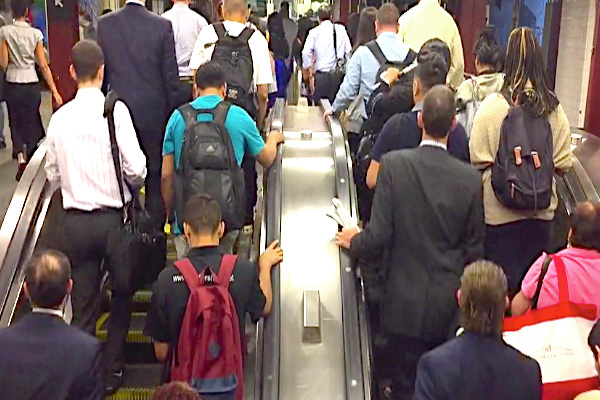THE PALE BLUE DOT –
April 11, 2022 – She cites many factors that have contributed to this dystopian moment—among them, smartphones, the gig economy, the contactless economy, the growth of cities, the rise in single-person households, the advent of the open-plan office, the replacement of mom-and-pop stores with anonymous hyper-chains, and “hostile” civic architecture—but she believes that the deepest roots of our current crisis lie in the neoliberal revolution of the nineteen-eighties and the ruthless free-market principles championed by Margaret Thatcher, Ronald Reagan, et al. In giving license to greed and selfishness, she writes, neoliberalism fundamentally reshaped not just economic relationships “but also our relationships with each other.”
In illustrating its thesis, this book draws a wide array of cultural and socioeconomic phenomena into its thematic centrifuge. Hertz’s examples of global loneliness include elderly women in Japan who get themselves convicted of petty crimes so that they can find community in prison; South Korean devotees of mukbang, the craze for watching people eat meals on the Internet; and a man in Los Angeles whose use of expensive professional “cuddler” services is so prolific that he has ended up living out of his car. But is loneliness what chiefly ails these people? And, if so, does their loneliness bespeak an unprecedented emergency? Old women get fed up with their charmless husbands, kids watch the darnedest things on YouTube, and men, as they have done since time immemorial, pay for the company of women.
Yet still the world turns.



